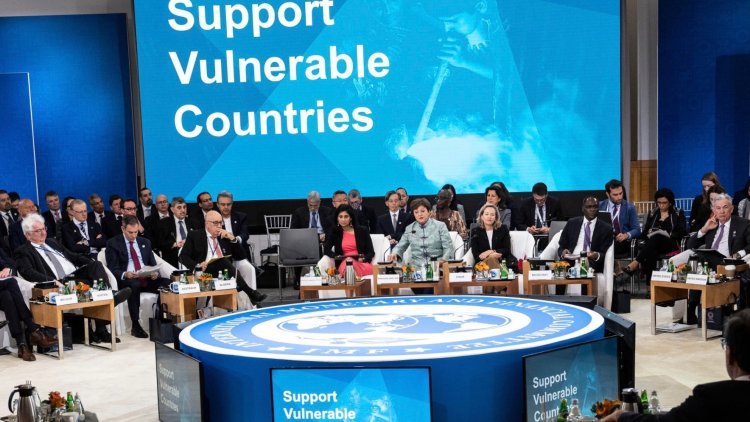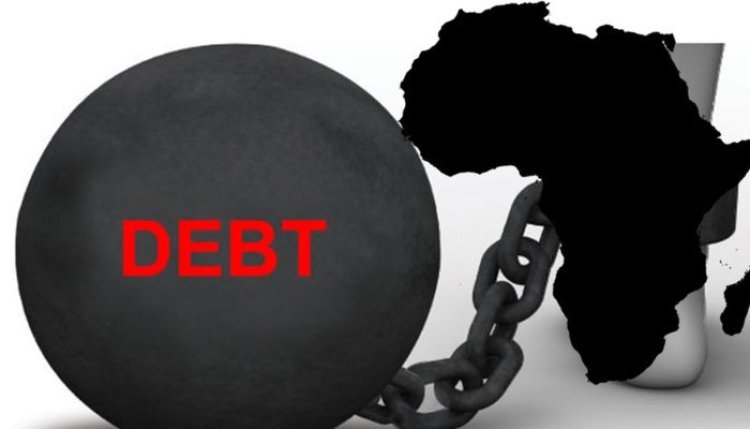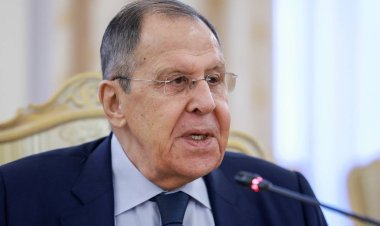Independence or Illusion? How Global Systems Keep Poor Countries Dependent_ISHEJA
Many nations celebrate independence, but economic and technological dependence keeps them under modern control. Discover the truth.

Independence or Illusion? How Global Systems Keep Poor Countries Dependent
When countries celebrate independence, we imagine freedom: the ability to govern ourselves, control our resources, and define our future. Yet, in today’s world, independence is often more symbolic than real. Despite flags and constitutions, many nations remain economically, technologically, and politically dependent on wealthier powers.
The Hidden Chains of Modern Independence

Colonialism may have ended in the 20th century, but the structures of control remain. Instead of armies, the new mechanisms of influence are:
Debt and loans through institutions like the IMF and World Bank.
Technology dependency on foreign software, digital systems, and communication networks.
Aid and development programs tied to political or economic conditions.
The result is a world where a country may govern itself politically but cannot act independently economically or technologically.
Technology and Influence
Modern tools, from smartphones to health systems, are not neutral. When international organizations encourage countries to adopt digital IDs, health databases, or centralized monitoring systems, it’s often framed as “progress.”
In reality, these systems centralize population and resource data, give foreign entities indirect control over domestic decisions and create dependency disguised as development.
If a nation resists, it risks losing funding, trade benefits, or international support. What looks like partnership is often coercion in disguise.
The Resource Paradox
Many so-called poor countries are actually rich in natural resources. Africa alone has vast deposits of cobalt, lithium, gold, and other strategic minerals. Yet, wealth rarely stays local: Foreign corporations extract resources at low cost. The raw materials are exported for processing elsewhere. Finished goods return at higher prices, creating economic imbalance.
The result is a system where resources leave, profits leave, and the country remains poor—a modern form of economic dependency.
True Independence
Real independence goes beyond symbols. It requires:
Economic control: Ability to manage trade, production, and resource use.
Technological sovereignty: Developing and owning local technologies.
Political freedom: Making decisions without external pressures.
Until countries achieve these, their independence is partial and conditional.
Moving Toward Autonomy
To break cycles of dependency, nations can Invest in local industries and innovation. Build regional alliances for trade and resource control. Develop digital and technological infrastructure that they fully control. Educate citizens to understand and challenge dependency systems.
True independence is not a ceremony, it’s the power to decide, create, and sustain one’s own future.
The modern world presents an illusion of independence. Flags fly, constitutions exist, yet systemic controls keep many nations dependent on others. Understanding these structures is the first step toward reclaiming autonomy. Only by controlling resources, technology, and economic systems can countries truly call themselves free.












